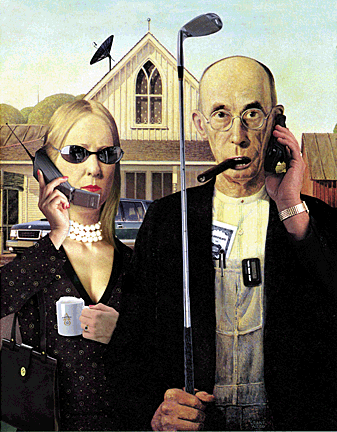Hey, Jude, don't make it bad
Take a sad song and make it better
Remember to let her into your heart
Then you can start to make it better
Hey, Jude, don't be afraid
You were made to go out and get her
The minute you let her under your skin
Then you begin to make it better.
And any time you feel the pain, hey, Jude, refrain
Don't carry the world upon your shoulders
Well don't you know that its a fool who plays it cool
By making his world a little colder
Hey, Jude! Don't let her down
You have found her, now go and get her
Remember, to let her into your heart
Then you can start to make it better.
So let it out and let it in, hey, Jude, begin
You're waiting for someone to perform with
And don't you know that it's just you, hey, Jude,
You'll do, the movement you need is on your shoulder
Hey, Jude, don't make it bad
Take a sad song and make it better
Remember to let her into your heart
Then you can start to make it better
In typical Hardy fashion, the main character is totally screwed from the beginning. Jude has ended up with nothing but a grumpy caretaker and some crazy dreams. In your average feel-good story, Jude would end up making it to Christminster after a long journey and end up wealthy and happy with a sexy wife and loads of friends.

Not so with Jude.
This really doesn’t happen in our society anyway. Sometimes you’d be that lucky, but most of the time you are fortunate to get one part of your dream to come true. Somehow, Jude hangs in there.
Cat mentioned in her post that breaking up with her boyfriend was liberating for her as she continued with college in another city. I’d have to say that my experience has been the opposite. I’ve always felt a little bit ahead of my age at times, especially with being such a tall female for most of my life. I literally was a “head above the rest.” But when I started dating my boyfriend, whom I’d known for years beforehand, during my senior year of high school, things changed. I’d have to say that as a result of dating him, I’ve become more open-minded in college. There are new things that I try that I wouldn’t have if he hadn’t been as adventurous and outgoing as he is. I’ve always been a picky eater (I didn’t like pizza for the longest time) but since the guy I’m with eats everything and always tries new things, I wanted to be more daring myself (even though food isn’t scary).
Despite the fact that Jude’s marriage to Arabella was a bad call on his part, it actually did open him up to new things and increase his sense of adventure. It made him more prepared to deal with a new life (and new doubts) in Christminster, “He might battle with his evil star, and follow out his original intention” (61). But in opening him up to new things, his marriage to Arabella also made him more aware of his need for love, and caused his unrelenting and madman persistence in wooing and capturing his cousin Sue, even to the point of supporting her marriage to Phillotson, which he despises, “Of course I wish you joy! And also of course I will give you away” (136). In marrying Arabella, he was introduced to more responsibilities: he knew love, and also knew of its pitfalls.
College is full of ups and downs, and oftentimes we don’t know how to handle things except by running away (or dropping a class, or changing a major, or finding new friends). Jude chose to leave his marriage instead of working things out, which is in stark contrast to his pursuit of learning at Christminster and his love for the fickle and noncommittal Sue. But what if he had let those dreams die too?
A Dream Deferred (Langston Hughes)
What happens to a dream deferred?
Does it dry up
like a raisin in the sun?
Or fester like a sore--
And then run?
Does it stink like rotten meat?
Or crust and sugar over--
like a syrupy sweet?
Maybe it just sags
like a heavy load.
Or does it explode?
It’s up to us to decide which dreams to keep and which dreams to starve. College is a common time to make those decisions, whether we like it or not. College is made out to be one of two things: a party, or a lot of hard work. People always tell high school seniors that they will grow up and learn more about themselves in college (in many flowery and inspiring words on plaques or statues of graduates or Chicken Soup books)
but we don’t really believe them until we’re here and we realize that it is true. Your high school reputation doesn’t follow you in college, and it is up to you to reinvent yourself if you choose. Jude began this work in preparation for college, and perhaps by the end he will at least have this dream come true.



